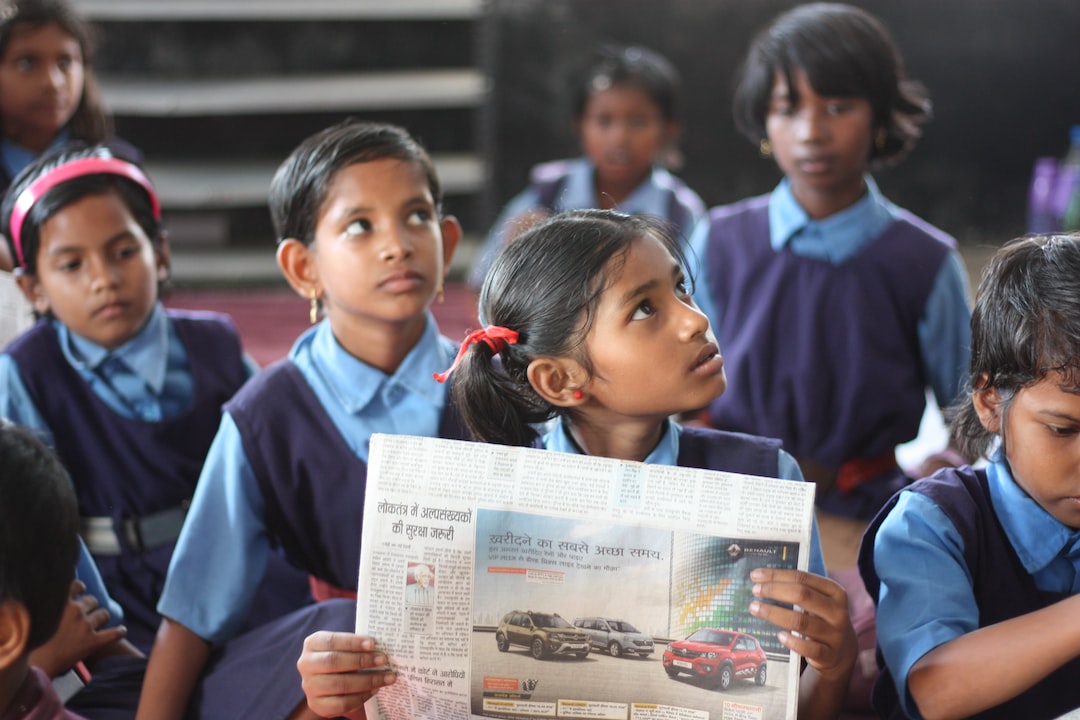The Importance of Cultural Competence in Education
In today’s diverse and interconnected world, cultural competence has become an essential skill for educators. Cultural competence refers to the ability to understand, appreciate, and interact effectively with people from different cultural backgrounds. It encompasses having knowledge about different cultures, avoiding biases and stereotypes, and recognizing the importance of diversity in education. Here, we will explore the importance of cultural competence in education and how it can enhance the learning experience for both students and teachers.
First and foremost, cultural competence promotes inclusivity in the classroom. When educators are culturally competent, they create a safe and welcoming environment for students from various backgrounds. They value and respect diversity, allowing all students to feel seen, heard, and understood. In a culturally competent classroom, students are more likely to express their opinions and perspectives, leading to a rich exchange of ideas and a deeper understanding of the subject matter. This inclusivity also enhances students’ self-esteem and confidence, as they feel validated in their cultural identities.
Cultural competence also facilitates effective communication between teachers and students. A culturally competent teacher understands that different cultures have unique communication styles and norms. By being aware of these differences, teachers can adapt their teaching methods and approaches to cater to the diverse needs of their students. Effective communication minimizes misunderstandings and encourages collaboration. It also helps build trust and stronger relationships between educators and students, leading to a more productive and engaging learning environment.
Furthermore, cultural competence fosters critical thinking and promotes a global mindset. When students are exposed to different cultures and perspectives, they develop a broader understanding of the world and become more open-minded. They learn to question stereotypes and biases, think critically, and analyze information from multiple angles. By engaging with diverse viewpoints, students can develop empathy and a greater appreciation for cultural differences. This global mindset prepares them to navigate the complexities of an increasingly interconnected world and contributes to their personal growth and development.
In addition, cultural competence contributes to academic success. When students can see themselves and their experiences reflected in the curriculum, they feel more engaged and motivated to learn. Culturally competent educators incorporate diverse perspectives and resources into their teaching, making the content more relatable and meaningful to students. This personalized approach to education enhances student retention and academic performance. It also equips students with the knowledge and skills necessary to thrive in a diverse workforce and society.
Moreover, cultural competence prepares students to be responsible global citizens. In an interconnected world, it is crucial for individuals to understand and respect cultures different from their own. Cultural competence teaches students to appreciate diversity, recognize the value of cultural heritage, and celebrate differences. It encourages them to challenge stereotypes and prejudices, promoting social justice and equality. By nurturing cultural competence in education, we are equipping the next generation with the tools they need to create a more inclusive and harmonious world.
Lastly, cultural competence is essential in reducing achievement gaps and inequities in education. Students from marginalized backgrounds often face systemic barriers that hinder their academic success. By incorporating cultural competence into teaching practices, educators can address these disparities and create equitable learning opportunities for all students. Culturally relevant curriculum, inclusive teaching strategies, and culturally responsive pedagogy can empower marginalized students and help bridge the achievement gap.
In conclusion, cultural competence plays a pivotal role in education. It fosters inclusivity, effective communication, critical thinking, and a global mindset. It enhances academic success and prepares students to be responsible global citizens. Moreover, it helps reduce achievement gaps and promotes equity in education. As educators, it is our responsibility to embrace cultural competence and ensure that our classrooms are safe, welcoming, and empowering spaces for all students. By doing so, we can help create a brighter future where diversity is valued, and cultural differences are celebrated.
